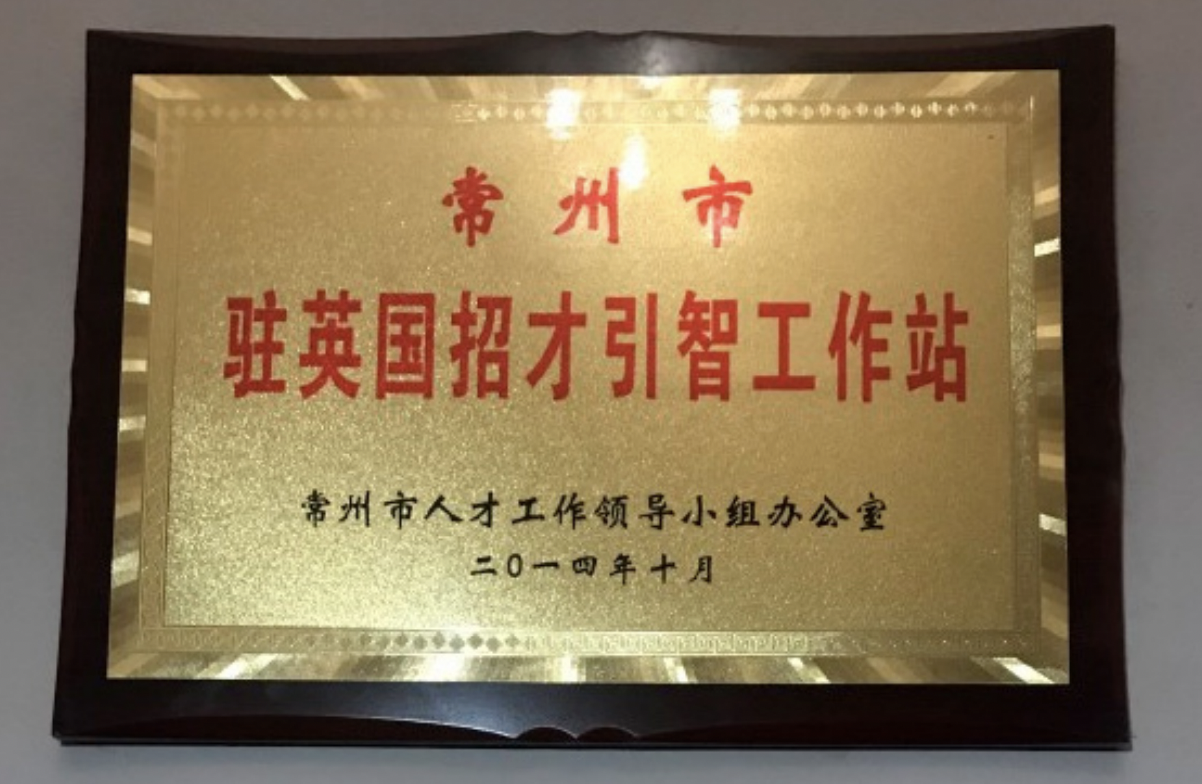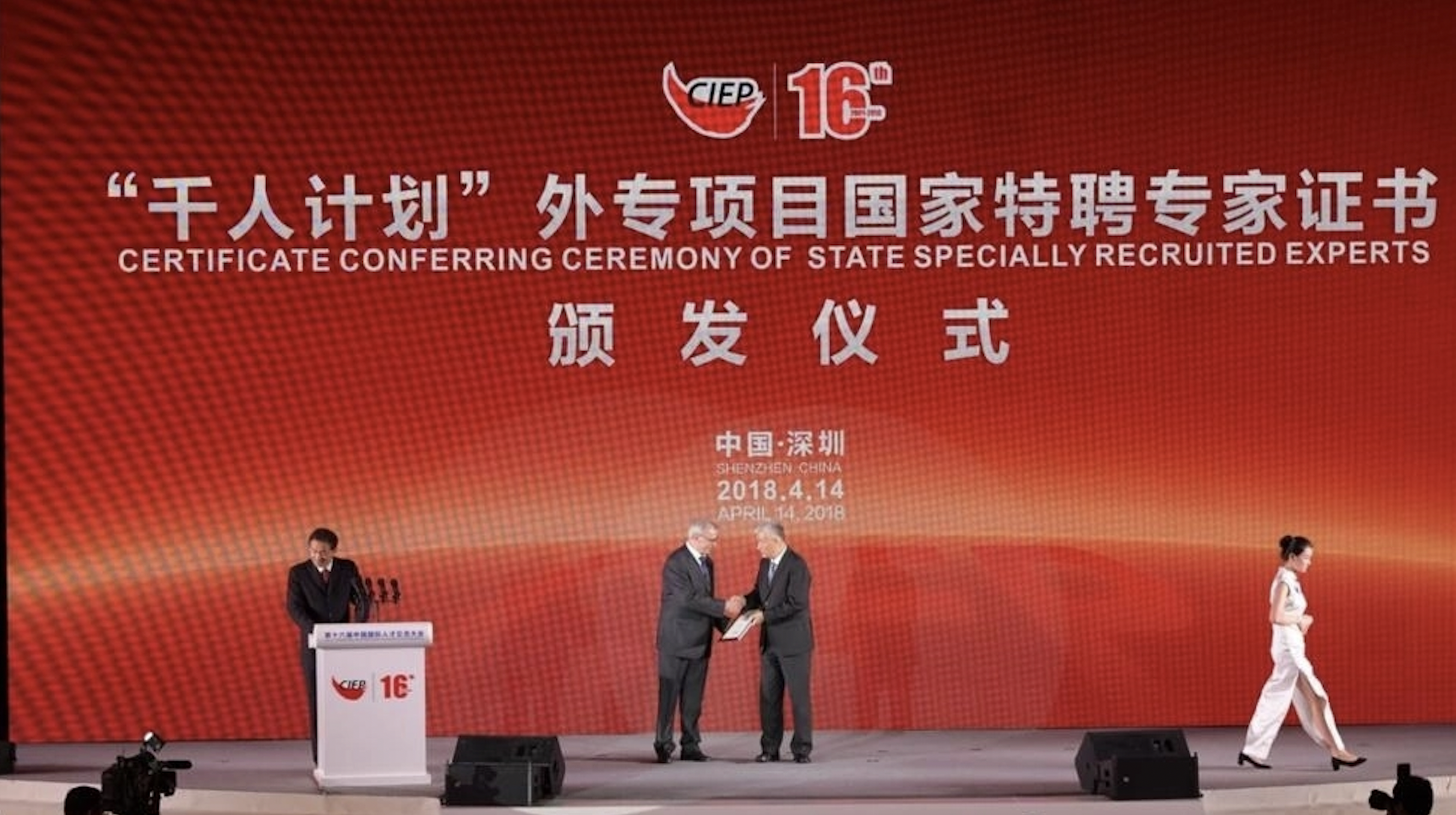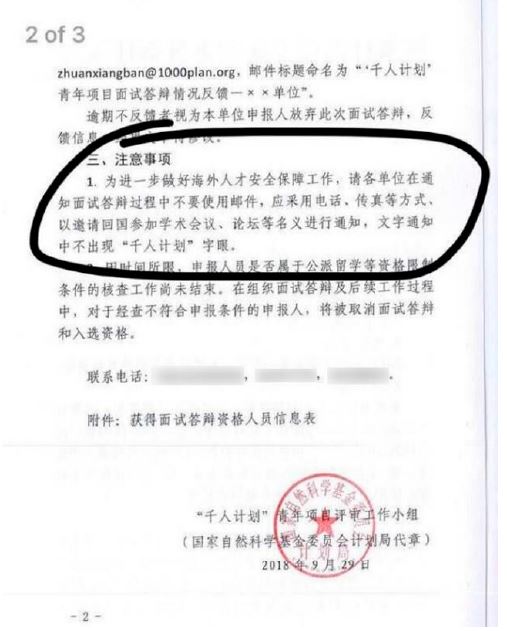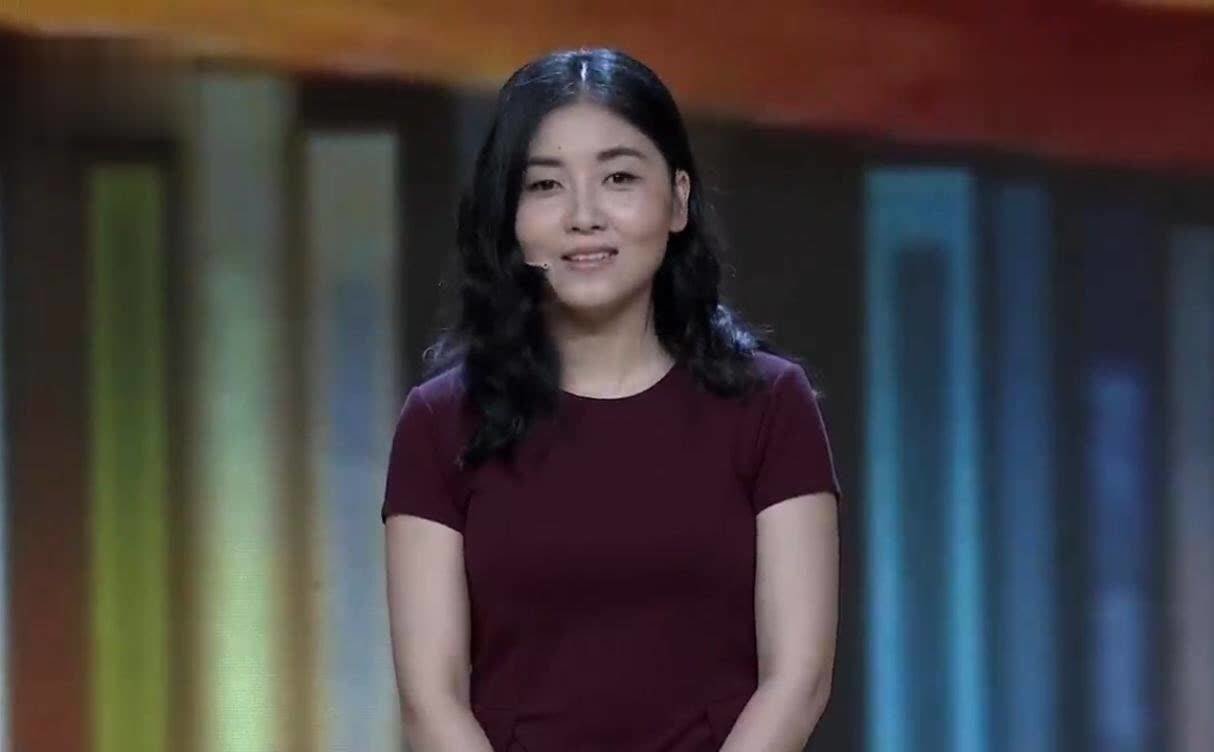
In the battle of Chinese competing for talents, there is a indispensable battle.The lack of group- "shadow agents".
A report from the Hong Kong South China Morning Post on Monday (September 4), locking this group.
The so -called "shadow agent" is actually distributed around the world to recruit talents and intermediaries that recruit outstanding scientific researchers in China.In the context of the increasingly fierce contest of the China -US Science and Technology and Talent Competition, they act low -key, adding a bit of mystery to this group.
What does "Shadow Agent" do?
The manager of a talent recruitment agency headquartered in Zhejiang Province told the South China Morning Post that his institution is semi -governmental nature, so it is rigorous by the Chinese government.
The work content of the agency is to help the government recruit overseas talents.In addition, for scientists who are willing to start a business in China, institutions can also help apply for some benefits based on the government's preferential policies.
The manager said that his agency has branches in the United States, Europe and Singapore to facilitate contact and select global talents.
A report from Australia's Institute of Strategic Policy (ASPI) in August 2020 states that China has set up at least 600 overseas talent recruitment stations around the world.
This 60 -page report entitled to the 60 -page report entitled to search the Phoenix (Hunting the Phoenix) also listed more than 200 talent recruitment programs led by the central and local governments, including the "Rongzhi Beijing Plan" and ""Tianjin Foreign College Thousand Talents Plan "," Shanghai Pujiang Talent Program "and so on.

South China Morning Post reports that China attracts overseas talents to return to the "Systems Drive", which involves multi -party forces.Head Hunting Company, even personal relationships.
All scientific research talents interviewed said that whether it is in the academic or in the industry, the most famous talents are more likely to be solicited through personal relationships, not agents.
The "Thousand Talents Plan" disappeared
It is not recently that China attracts overseas talents. As earlyThe introduction of overseas high -level talent introduction plans, commonly known as the "Thousand Talents Plan".
The initial goal of the "Thousand Talents Plan" was to introduce about 2,000 leaders to China for five to 10 years, breaking through key technologies and developing high -tech industries.
But the actual situation far exceeds expectations.A report from the People's Daily Magazine People's Weekly in 2015 wrote that the implementation of the "Thousand Talents Plan" has been attracted to more than 4,180 high -level innovation and entrepreneurship talents. This number even exceeds 1978 to 2008.Sum.
So the Central Committee of the Communist Party of China was hot while hot, and in September 2012, it launched the "10,000 Plan" (the full name of the national high -level talent special support plan), and proposed to select 10,000 high -level innovation and entrepreneurial talents in 10 years.

However, the good momentum was interrupted when the "Thousand Talents Plan" entered 10 years.In 2018, the then US President Trump initiated the "China Initiative" to point his finger to the American scientist who is linked to China.
According to the incomplete statistics of science and technology media in science and technology media, as of 2021, the "China Action Plan" prosecuted a total of 148 people, of which 88%were Chinese.Although the plan was abolished in 2022, fear and anxiety still shrouded Chinese scientific researchers.
In response to American actions, China began to hide the status of scientific researchers recruited through the "Thousand Talents Plan" in 2018, and the propaganda of the plan has also turned low -key.A official document of a network shows that the "Thousands of Plan" Youth Project Review Working Group requires that the word "Thousand Talents Plan" will not appear in the text notification to do a good job of security security for overseas talents.

After 2020, the words related to the "Thousand Talents Plan" are blocked in China search engine Baidu, Sogou, and social platform Weibo, WeChat and so on, and have not yet recovered.
Introduction to the ground?
Although the "Thousand Talents Plan" fades out of the Chinese Internet, the official recruitment plan has not stopped.However, under the influence of multiple factors, the recruitment of overseas talents in China is more low -key and concealed compared to the public and large -scale in the past.
Objectively, the United States is more alert to Chinese talent recruitment.A Chinese scientist surnamed in the United States told the Nanhua Morning Post that at present, in addition to those who have American green cards, Chinese scientists are restricted by entering the United States, let alone to "dig people" in the United States.
The offline road is unreasonable, and China will turn talent recruitment into online.According to the South China Morning Post, a Chinese nano -technical scientist who has worked in the United States for more than 20 years said he received a lot of emails in the past six months and invited him to participate in the online forum.
Reports pointed out that online forums usually gather many scientific research talents, which is a common way to find suitable candidates for universities or scientific research institutions.
In addition, China also changed the name of the project by changing the project name.Reuters reported on August 24 quoted people familiar with the matter that the "Thousand Talents Plan" has been replaced by the "Qiming Plan" of the Ministry of Industry and Information Technology of China.
The manager of the Zhejiang Talent Recruitment Institution also said that China has reached a new height in protecting cutting -edge scientific research talents, and sensitive materials will not be transmitted through social platforms.
At the same time, the number of recruitment agencies recruiting overseas talents in China has also reached a new high.An intermediary with a 10 -year recruitment experience told the South China Morning Post that such recruitment agencies began to increase when the "Thousand Talents Plan" was launched in 2008, and the growth rate was even more rapid after 2018.
The nanotechnology scientist invited to participate in the online forum said that the number of emails he received was 50%more than in previous years.He went to China a few months ago and saw the talent plan launched by the provincial and municipal governments in different cities, "almost everywhere."
How can talents break the situationIntersection
Although it received an olive branch thrown by the Chinese government, the nano -technical scientist finally gave up the idea of scientific research in China.
One of the reasons is that it is difficult for him to determine which of the many plans is credible, because his colleagues and students have been selected as the talent plan of China, but in the end, he did not get promised funds and incentive measures.Essence
He is also worried that although he has worked in the United States for many years, there is no strong network network in China. In the future, he will be funded and formed a larger team to face challenges.
In addition, China's current scientific research environment is also one of the factors of this scientist's concern. "I don't want to work in order to meet the fixed standards, such as publishing a certain number of academic papers every year. This is not a way of innovation."
The tradition of attaching importance to the papers in the field of Chinese scientific research has a long history, and it may be difficult to improve in the short term.In March of this year, 25 Chinese scientists and enterprises have jointly published an article on the China Science News that Chinese universities should reform the research talent evaluation system based on academic papers.
Only five months after the article was published, a official audit report in Guangxi found that a province's college in the province had accumulated a total of 131 million yuan (RMB, S $ 24.6 million), and implemented 862 scientific research projects 862One, but the transformation rate of results is zero.
Chinese biologist Yan Ning's "Yan Ningzhi's question" in July this year also revealed the status quo of the young people who want to engage in scientific research.In a interview, Yan Ning threw out the question "If you have all the resources you need, what are you most want to explore", and more than 20 interviewers can make her shine.

Yan Ning posted a Weibo after the interview and said, "It is always expected that one or two students can talk about the brain -life, sickness, and death.Do people want to study from the inside? "
Yan Ning was hired as a professor of a lifelong lecturer at the Department of Molecular Biology of Princeton University in 2017.Founding Dean of Shenzhen Academy of Medical Sciences.She is a typical representative of returning scientific researchers.
The competition between the talents between China and the United States has not yet known. In addition to the use of various methods to attract talents to return, improve the domestic scientific research environment, so that scholars are not bound by the paper.It is the key to winning this talent war.




